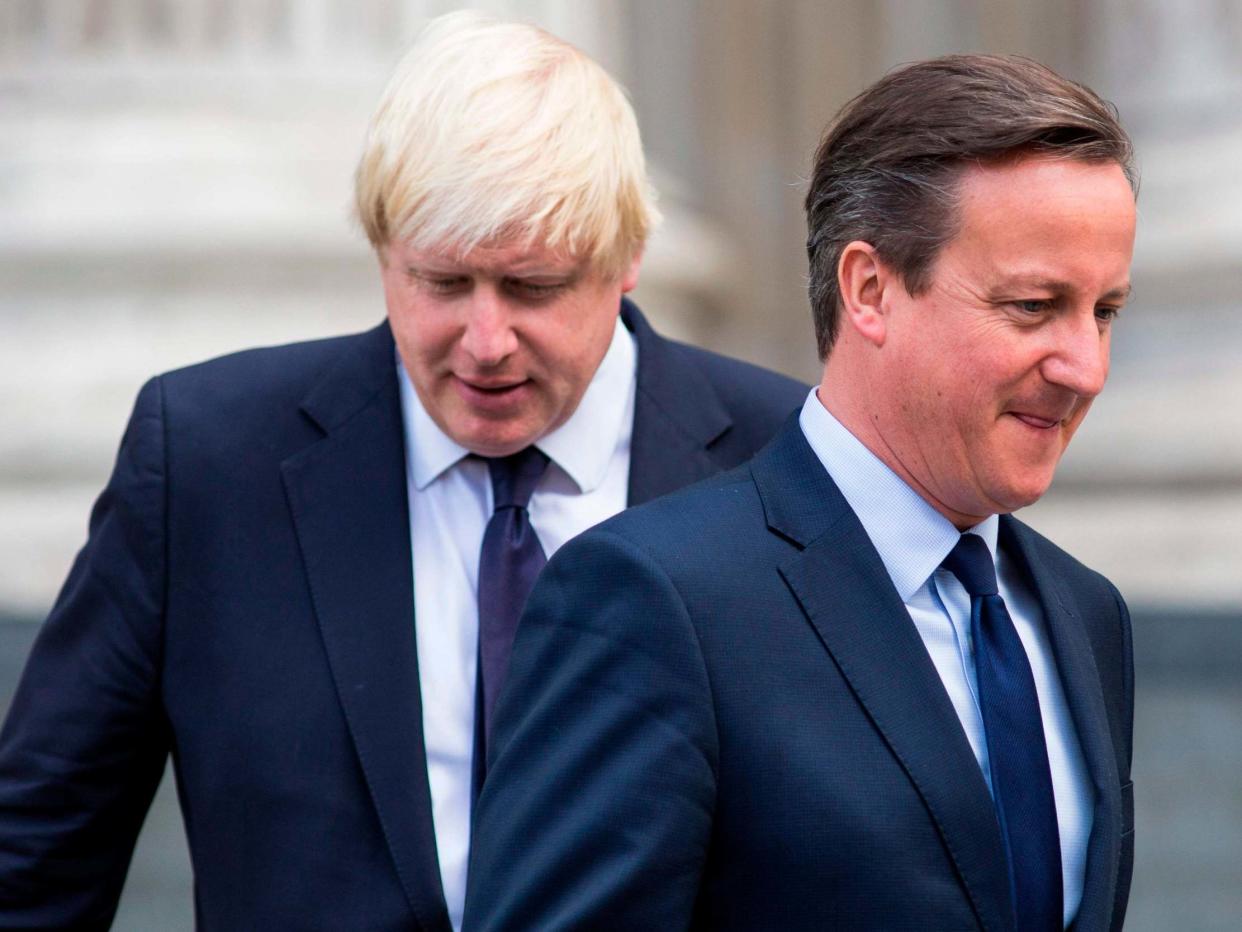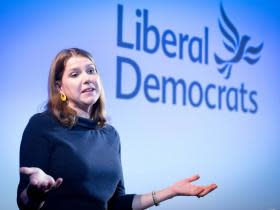It’s taken me three years to get over my disillusionment with politics and Brexit – here’s how you can too

As we await the likelihood of another general election, I’ve been spending more and more time thinking about my strained relationship with politics in the years since the 2016 referendum. A time in which the public was subjected to a catalogue of lies. When our then prime minister, David Cameron, stated he would not resign if the country voted leave. He did.
Vote Leave were found guilty of overspending on their divisive campaigns, Ukip bred resentment toward migrants and the EU’s laws, conflating migration with immigration to justify racism. As a result, the week following the referendum showed a huge spike in hate crimes.
A couple of short years later, Boris Johnson, architect of the bogus £350 million funding promise for the NHS, is our prime minister, parliament has been prorogued, the speaker, John Bercow, is due to step down, and Cameron is back, only with the express interest of seeking to distance himself from the Brexiteer factions that sprung up as a result of the referendum, given the upcoming release of his memoir.
Read more
Why are the Lib Dems now calling for Article 50 to be revoked?
It’s safe to say things are murkier than ever. When you include the lack of competence by politicians as a whole, it’s not surprising that people are becoming increasingly disillusioned by politics. I, myself, have felt nauseated by the sophism of UK politicians.
For three years and three months, Brexit has been a harrowing presence in our minds. I was an MA student at the time of the referendum, working two jobs and building my writing portfolio.
Back then, I was interested enough to attend political panels. I remember one directed at youth and led by several panellists all subscribing to different parties. We offered unbiased discussion by analysing their manifestos from somewhat neutral positions. I argued for Labour and highlighted the importance of their potential policies on NHS, youth engagement and arts investment that could improve society. I felt confident enough in my understanding of politics to offer my views in a public arena. But things change.
Those panels, while insightful, were somewhat pointless. The country was fixated on Brexit. I found myself politically alienated after another election that felt undemocratic. Two elections where the majority had not been won, but a coalition strung a Tory government. Since the last election, I have overseen the entirety of Brexit’s process from a distance. Several months ago, the thought of politics incensed me. I felt depressed watching Theresa May handle the Grenfell situation. Dejected seeing the Windrush scandal unfold. Today, I’m not surprised by the Home Office putting knife crime ads on chicken boxes. I have no faith in this government, the leaders and opposition, but I also see community in that alienation.
When discussing politics with peers, I have started to realise being politically alienated is not uncommon. Some of my peers do not vote, many cannot summarise what Brexit is and how it will affect them and the country. And can you blame them? We’re living in a time of stagnation, where we achieve no results, but through shorthand mediums of notifications, tweets, posts and the brief summary by word of mouth we all stay focused on the topics at hand.
Most media channels are engrossed with click-bait headlines or misleading soundbites that focus on the hilarity of Johnsons’ mannerisms or the lethargy of Jacob Rees-Mogg. These platforms are swamped with more announcements of ever-changing circumstances than most can count. From huge decisions like the Supreme Court’s ruling over whether Johnson’s prorogation of parliament was legal, to the potential breach of data privacy and ministerial code as a result of no-deal Brexit ad campaigns, Brexit feels more like grand summation of playground whispers than a serious political procedure.
The lies from politicians, collective stress of the general public, and never-ending discussions about Brexit makes me extremely tired of politics. But I soon realised I won’t get answers by continuously watching the same thing.
http://players.brightcove.net/624246174001/default_default/index.html?videoId=5837728067001
Support free-thinking journalism and attend Independent events
I decided to start investing in understanding politics again without solely relying on mainstream outlets for information. I started to use They Work For You after the last election, the that collects MPs voting history and comments on bills. I also subscribe to a number of online channels, such TL:DR News, a fantastic resource, and Our Future Our Choice’s YouTube channel, particularly Femi Oluwole’s videos. There are also platforms like The Independent’s Politics Explained and the BBC’s Global News Podcast. But our government should be trying harder to make politics accessible too. The public desperately needs information and help with finding it. With the phenomenon that is social media and ever-advancing technology, including algorithm-based advertisements, politics is increasingly being seen as a conflict of interest rather than a unified endeavour for a better life for all.
Brexit has been a thorough example of what a campaign built on fake news can lead to. If we all weren’t overwhelmed with stigma and lies and had a transparent non-combative approach to politics, perhaps this wouldn’t all be so perplexing. Better yet, we probably wouldn’t be leaving the EU in the first place.
Read more
Read more Why are the Lib Dems now calling for Article 50 to be revoked?

 Yahoo News
Yahoo News 

